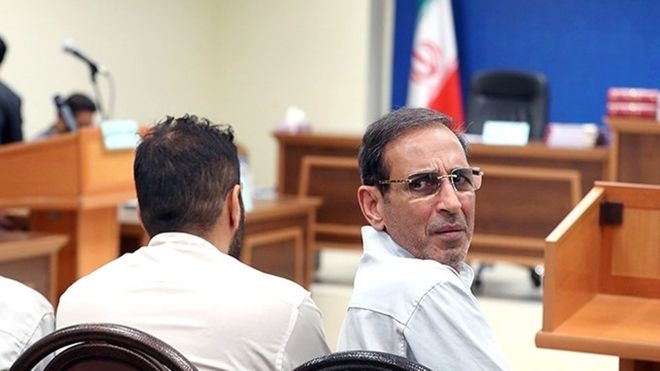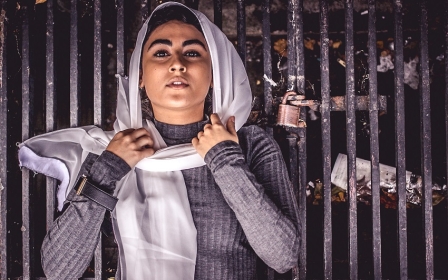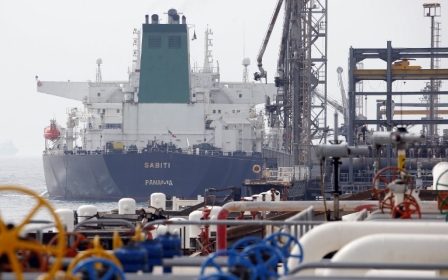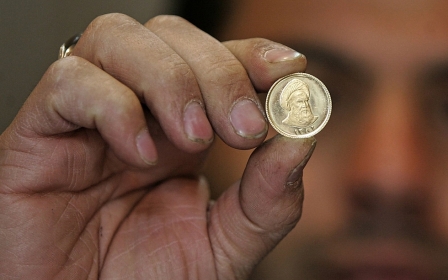Rights group condemns 'abhorrent' execution of gold traders in Iran

Rights group Amnesty International has condemned Iran's execution on Wednesday of a gold trader and his accomplice as "abhorrent" and said it followed a "grossly unfair show trial".
Vahid Mazloomin and accomplice Mohammad Esmail Ghasemi were executed after being found guilty of "corruption on earth," Iran's most serious capital offence - for "forming and running a network for disrupting the economy," said the judiciary's news agency Mizan online.
Mazloomin had been dubbed the "Sultan of Coins" for allegedly exploiting a surge in gold demand from savers spooked by this year's currency crisis in Iran.
"With these abhorrent executions the Iranian authorities have flagrantly violated international law," said Philip Luther, Amnesty's Middle East and North Africa research director.
"These men were convicted after a grossly unfair show trial that was broadcast on state television," he said, adding that international law forbids the death penalty for non-lethal crimes.
Police said Mazloomin had "amassed around two tonnes of gold coins" by the time of his arrest on 2 July.
His network's transactions were reportedly in the hundreds of millions of dollars.
"The octopus-like network disrupted the economy by buying, selling and smuggling foreign currency and gold coins," Mizan said.
Economic woes
Iran has suffered a sharp economic downturn this year, fuelled in part by US President Donald Trump's decision in May to withdraw from a landmark 2015 nuclear deal between major powers and Tehran and reimpose crippling unilateral sanctions.
Fearing for the economy, many Iranians rushed to secure their savings by buying foreign exchange and precious metals, the AFP news agency reported.
The rush caused the rial to lose around 70 percent of its value against the dollar and the price of gold coins to quadruple at one stage this year.
There have been widespread reports this year of dealers and middlemen manipulating the markets by hoarding dollars and coins in order to push up prices.
In August, supreme leader Ayatollah Ali Khamenei approved a request from the judiciary to set up special revolutionary courts to try people for economic crimes "urgently and justly" and several televised trials have taken place.
Mazloomin and Ghasemi were convicted on 26 September and their death sentences upheld by the Supreme Court on 21 October.
A second co-defendant, Hamid Bagheri-Dermani, was also accused of corruption and sentenced to death at the original trial. His case is still up for appeal before the Supreme Court.
August also saw the head of the central bank sacked over his handling of the rial's slide, and his deputy in charge of foreign exchange arrested.
Iran does not publish official statistics on the number of people it executes.
According to an April report by Amnesty International, while secretive China is the world's "top executioner," Iran had the highest known figure in 2017, with at least 507 people put to death, six of them women.
New MEE newsletter: Jerusalem Dispatch
Sign up to get the latest insights and analysis on Israel-Palestine, alongside Turkey Unpacked and other MEE newsletters
Middle East Eye delivers independent and unrivalled coverage and analysis of the Middle East, North Africa and beyond. To learn more about republishing this content and the associated fees, please fill out this form. More about MEE can be found here.




